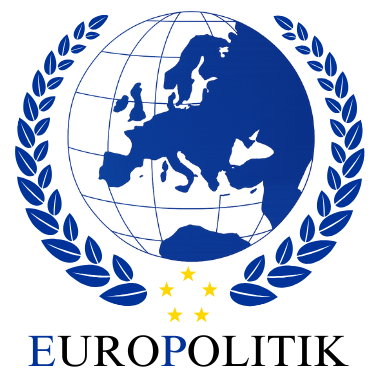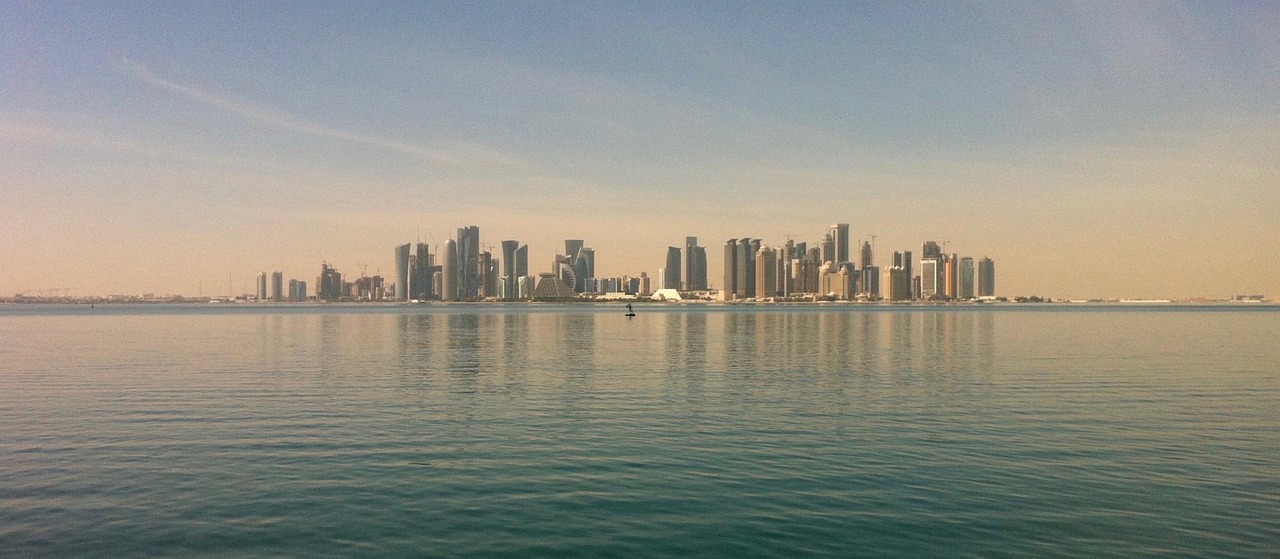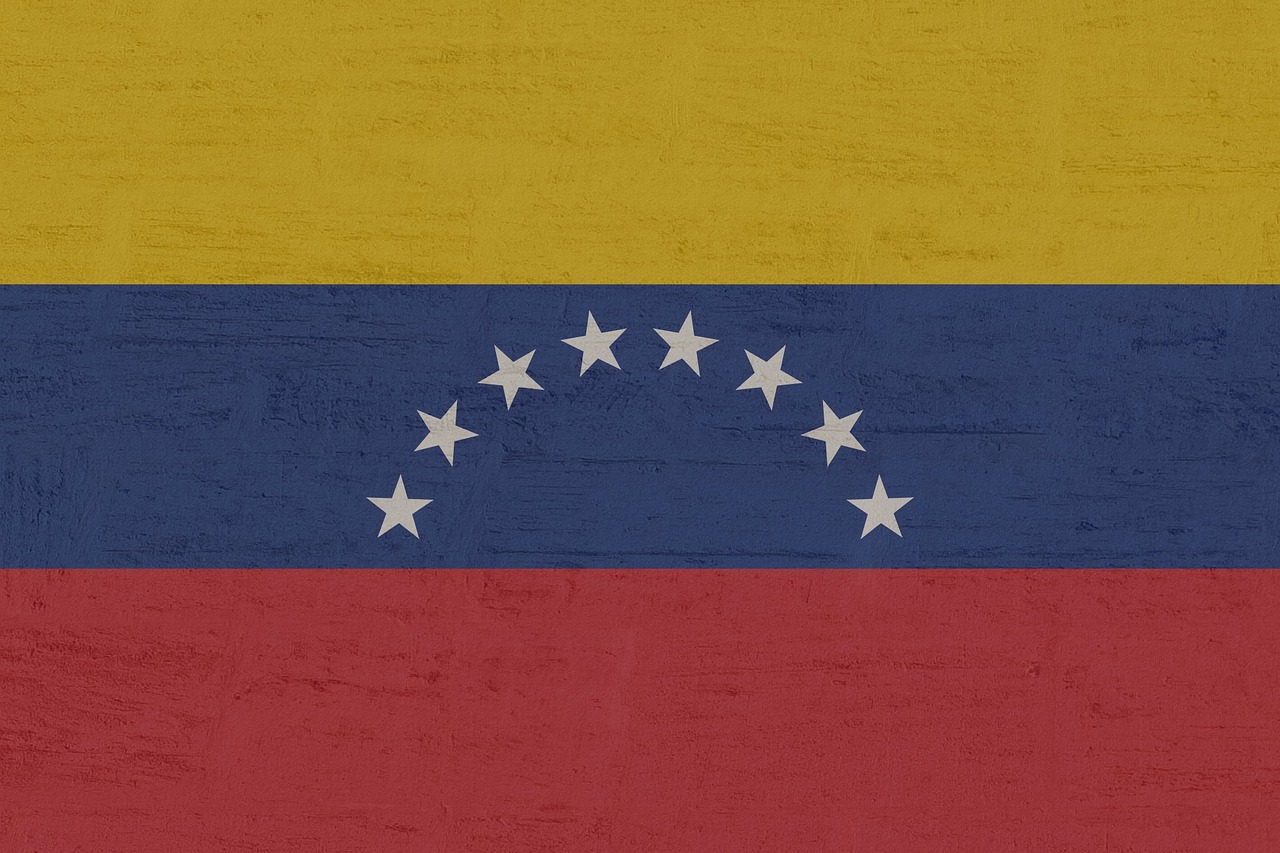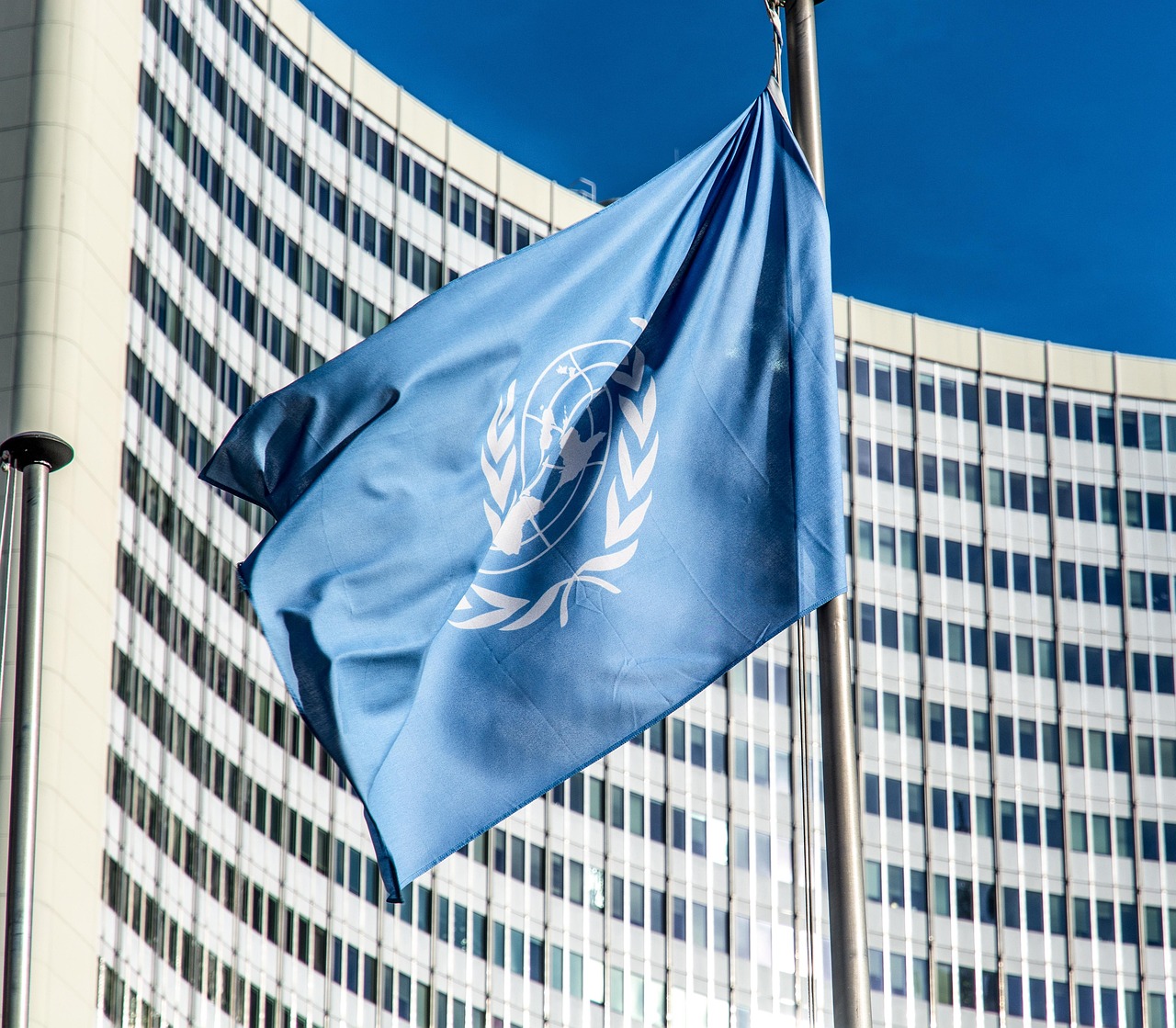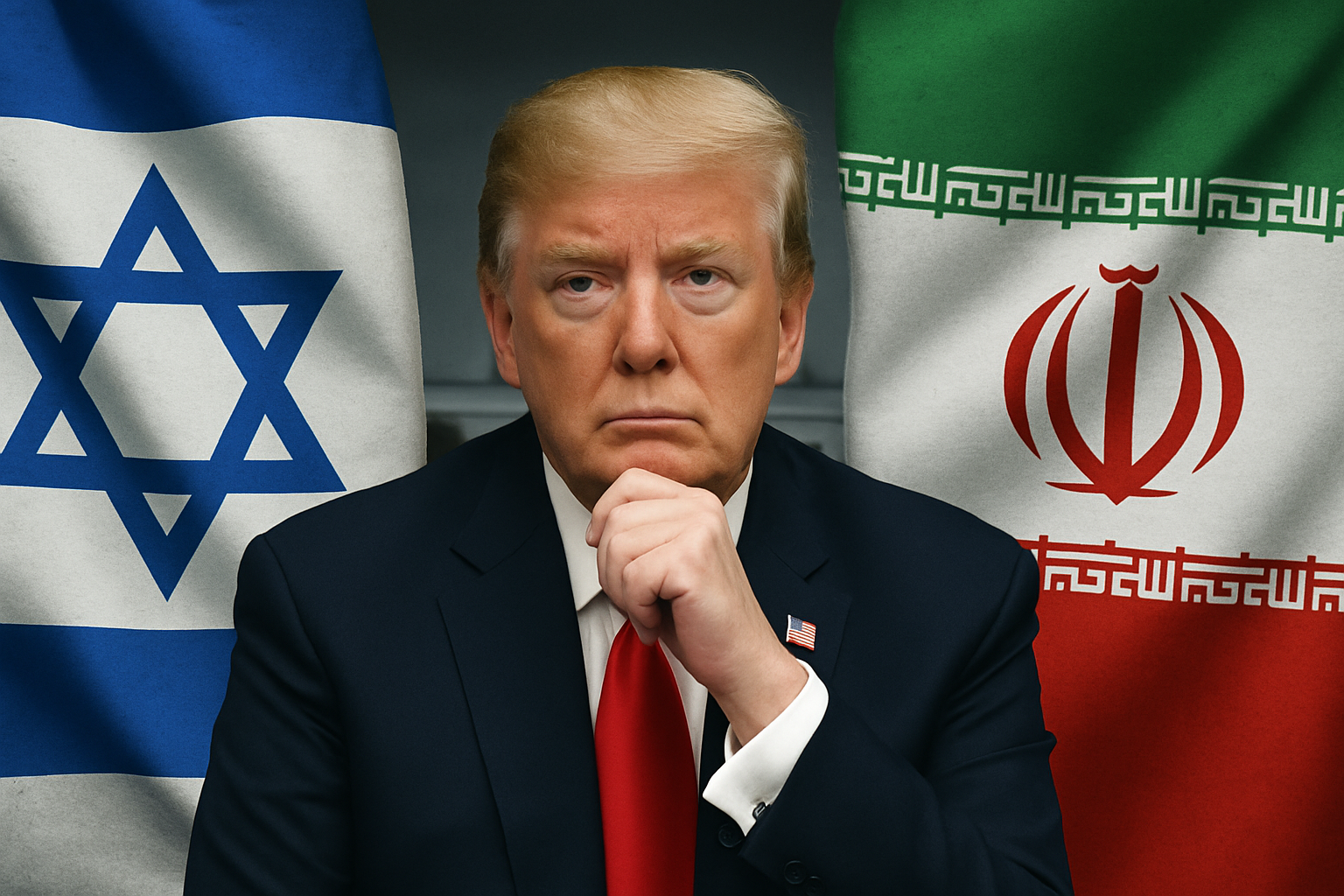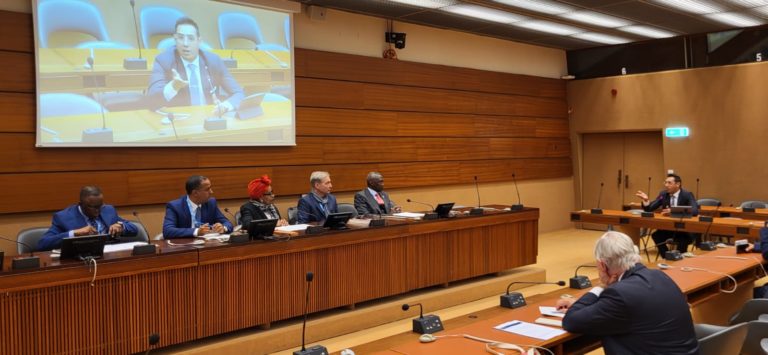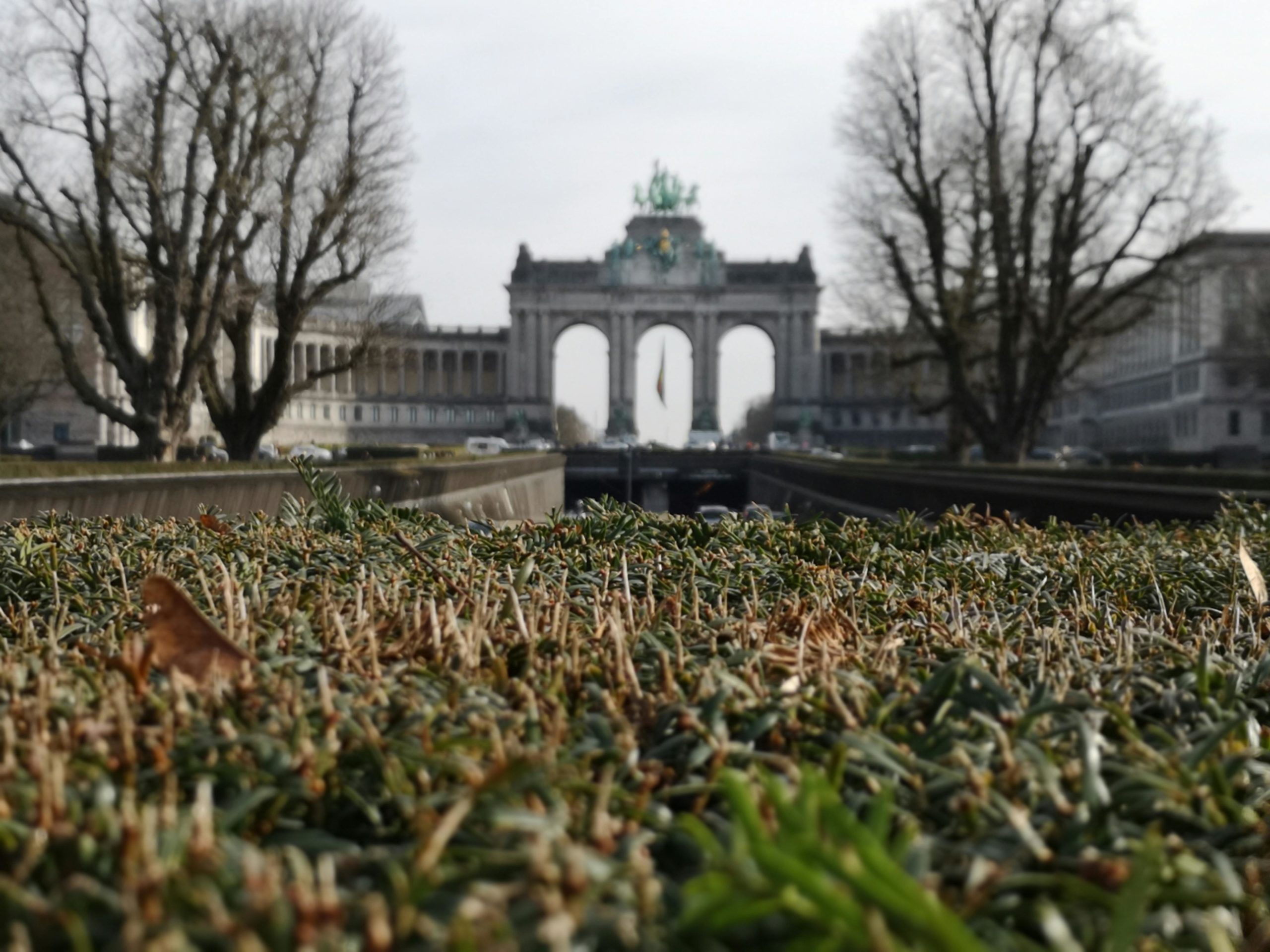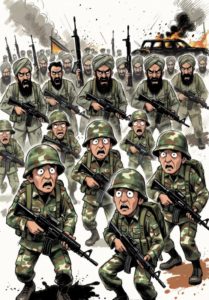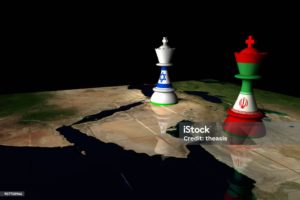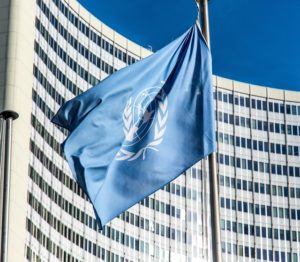The announcement on September 15 in Doha of a joint communiqué bringing together Arab countries marked one of those rare moments when usual divisions seem to fade, giving way to a united voice. Such occasions are rare, but after the Israeli bombardments that struck Qatar, the entire region now fears escalation. In an Arab world often accused of fragmentation and impotence, Qatar may have succeeded in creating the conditions for unity around a cause that transcends borders and divides: the defense of Palestine. Yet behind this, there lies an even more pressing concern for the Gulf monarchies: their own survival in the wake of shifting U.S. priorities.
At this summit, Arab states reaffirmed that Israeli strikes against Qatar compromised any prospect for regional peace. They unanimously condemned the September 9, 2025 attack on Doha, which targeted residential areas, schools, and diplomatic facilities. For them, this was a flagrant violation of international law and a threat to international security. Participants praised the mediation efforts of Qatar, Egypt, and the United States to end the war in Gaza. In its final communiqué, the Arab League called for strengthening collective security, working toward the creation of a Palestinian state, and establishing a Middle East free of weapons of mass destruction. It had been a long time since so many countries in the region had spoken with one voice.
For decades, attempts at collective Arab dialogue have too often been lost in regional rivalries, external interference, and short-term calculations. Yet at a moment when Gaza is under relentless bombardment, when the Palestinian tragedy continues to tear at consciences, and now that Qatar has been struck on its own soil for the first time in its history by Israel, it is urgent to rediscover the strength of a common voice. This is precisely what Doha’s initiative in convening this summit could embody: a much-needed reminder that the Palestinian question is not a secondary issue, but the beating heart of Arab stability and legitimacy. And yet, in recent years, interests have diverged, with some drawn by the lure of new economic dynamics unleashed by the Abraham Accords.
Can a vulnerable Qatar impose itself today as a catalyst for unity? By relying on diplomacy, mediation, and an inclusive approach, it could once again give the Arab world the chance to appear not as a mosaic of contradictory interests, but as a community bound by a vital interest: the complex defense of the Palestinian cause. The conclusions of the summit’s final communiqué are not merely symbolic. They remind Israel that occupation and war cannot constitute an unending horizon, and they remind the international community that the two-state solution cannot remain a slogan emptied of substance. All parties must work toward it and guarantee the security of the region, which is inseparable from the stability of the Gulf.
Divisions certainly persist, particularly between countries that have normalized relations with Israel and those that still refuse. But the essential point, for now, may lie elsewhere: in the renewed capacity to sit around the same table and affirm that no lasting peace will ever be possible so long as the fundamental rights of Palestinians are denied — while also being critical of Hamas and, in the case of several countries in the region, calling for its disarmament. The fracture of recent years, embodied by the Abraham Accords, should not be viewed as inevitable. On the contrary, this moment of convergence in Doha could open the door to overcoming it, to a recomposition around a higher interest: the end of violence, mutual recognition, and reconciliation.
The final communiqué, which also reaffirms the role of Morocco and King Mohammed VI, President of the Al-Quds Committee, is not an end in itself but a beginning. It sketches out a roadmap and the outline of a perspective that Arab capitals must now translate into action. This historic summit, organized in just 48 hours, brought together all the major players on the Palestinian question behind Doha, united by the realization that the United States may no longer be there to protect them from their own longstanding weaknesses.
